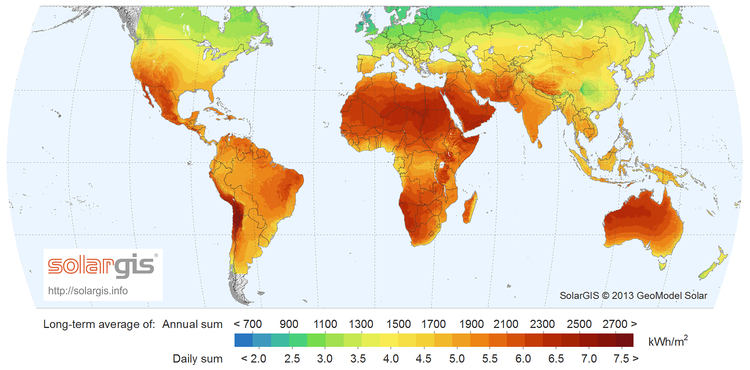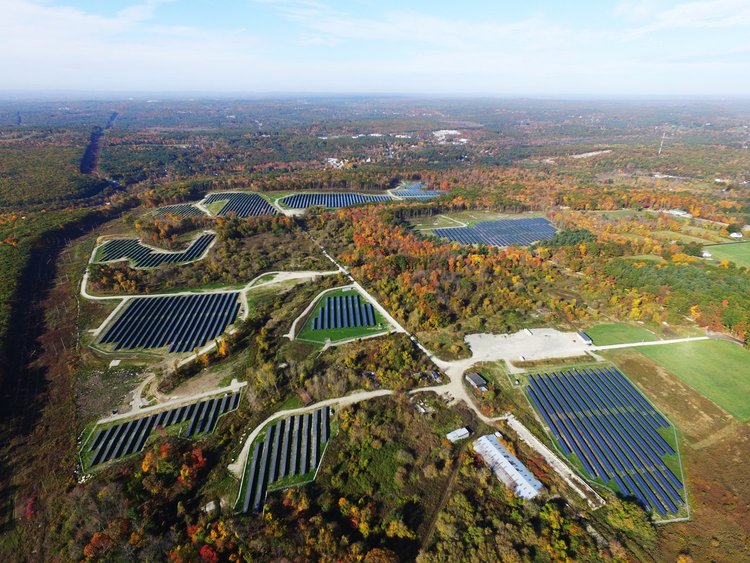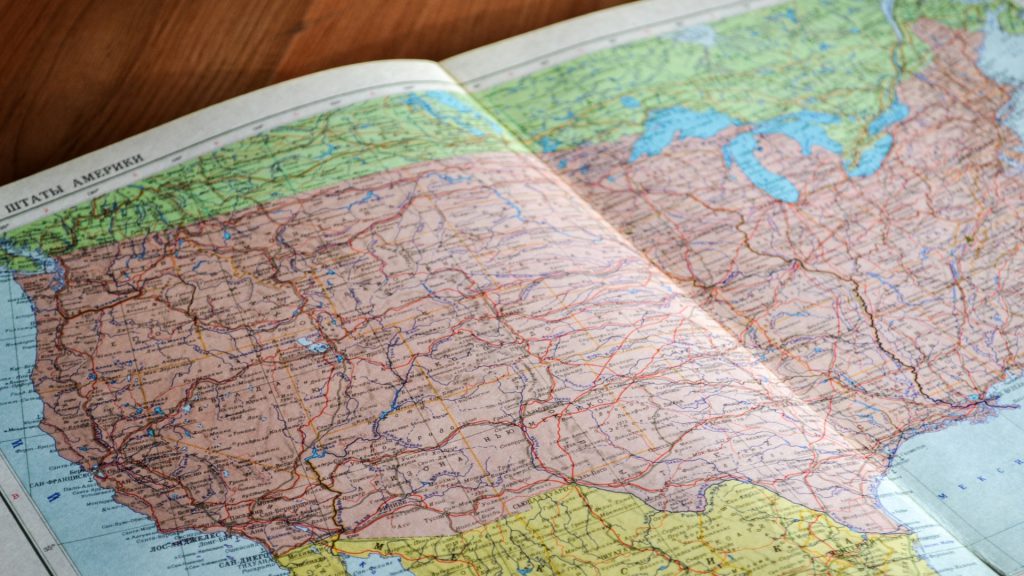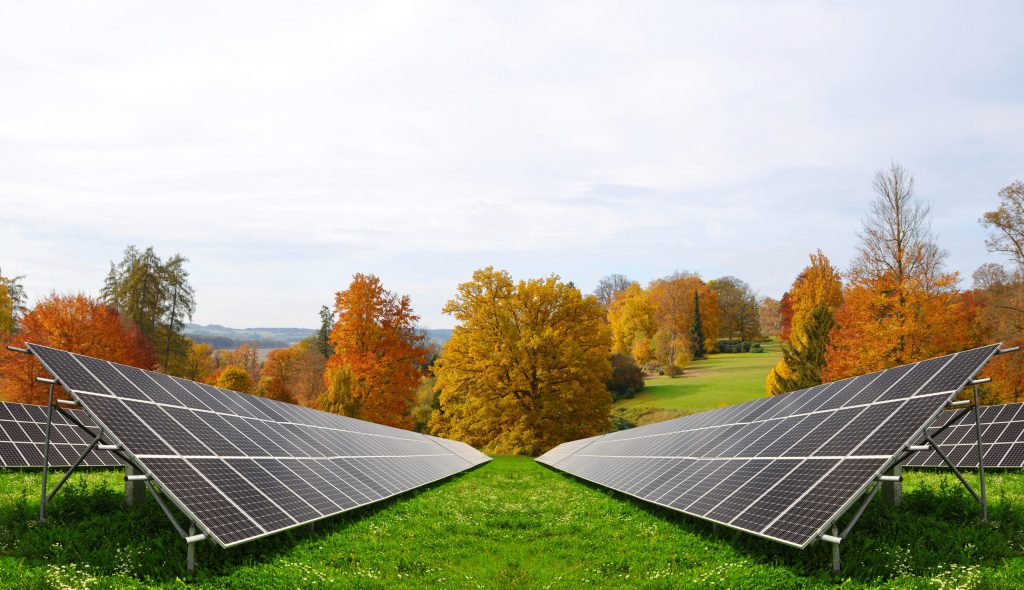Whether you’re looking into rooftop solar energy or a local community solar garden, it’s useful to have a rule of thumb to help you figure out how many solar panels you need to cover your energy usage. Using these simple facts, you can also get a handle on some larger questions about solar energy, like how much energy a solar farm produces and how many homes it can power.
Table of Contents
The Basics: Calculating How Many Solar Panels You Need
We’ll go into more depth on these numbers in just a moment, but here’s what you need to know:
- The average US residential solar installation is 5 kW. If we assume 250 watt panels, this means that the average solar home has about 20 solar panels.
- To cover 100 percent of your energy usage, you may need more panels—especially if you have a large home or an energy-intensive addition like a swimming pool or central air conditioning.
To understand what this means for your household, you can calculate how many solar panels you need based on how many kilowatt-hours (kWh) of electricity you use in a typical month. For a New Yorker, if you divide your total energy use by 1.22, you’ll get the kilowatt size of your system (how much energy your system can produce at its peak). You can then divide this number by 250 to get the number of solar panels that you need. The average New Yorker would thus need an 8.9 kilowatt system (35 panels) to cover their entire energy usage.

A map of the amount of energy the sun can provide in different areas of the earth. Image Credit: SolarGIS
A home in New York will need more panels than a comparable one in Arizona, because southern desert climates see more sun than cloudier, more northern ones. This is less important than overall energy use (solar energy is still a valuable, cost-effective resource in northern climates), but still makes a significant difference. For example, a resident in Arizona that wanted to cover their entire energy usage with solar might use 6.6 kilowatts (26 panels), compared to a resident of New York, who would need 8.9 kilowatts (or 35 panels).
Community Solar Can Cover Your Entire Energy Bill
Seem like a lot of solar panels for one rooftop? This is one of the reasons that the average solar installation is smaller than what would be required to cover an average household’s energy usage—and one of the reasons community solar is a great option for many households. In fact, with most community solar gardens representing between one and five megawatts of capacity, a solar garden can power between 140 and 715 American households.
Without space restrictions, we can allot to your household the panels that you need to cover your entire energy bill, without installing anything on your property.
High-End Panels Can Help You Squeeze Every Last Watt Out of Limited Rooftop Space
If you’re dedicated to putting panels on your rooftop, you can also squeeze in more energy capacity with higher-efficiency panels. Solar technology has advanced in leaps and bounds in recent years. Panels on the market today will have relatively similar efficiencies, but higher-end panels, inverters, and other equipment can bring incremental improvements in the efficiency of a solar system. This is generally only necessary and cost efficient when your space is limited.
Want to go more in-depth on the technical reasoning behind these numbers? The National Renewable Energy Laboratory’s PV Watts calculator is a great resource for calculating the output of different solar energy systems.




